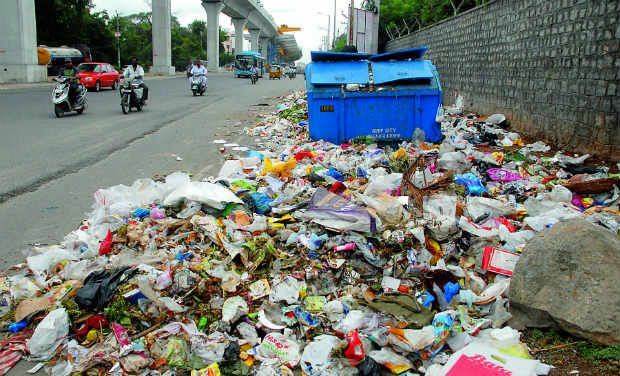A lot of times, we come across this sad news about the disposal of waste in a proper fashion. Perhaps this is why the Ganges River, which is acknowledged as the purest of all rivers, is the most impure of all the rivers.
If there had been proper disposal of biodegradable wastes, then we might not have faced this issue. One such initiative is vermicompost. Vermicompost utilises household waste to make compost or green manure for plants. If biodegradable can be managed effectively, then they can be used in gardens. The vermicompost pit, if made in homes or flats, does not even require a lot of hard work to maintain, and also, the wastes are managed effectively, which keeps our environment clean and green.
So how do we make garbage vermicompost, and what is the procedure that turns the wastes into manure?
Vermicompost is the process of composting with the help of various worms that creates a heterogenous mixture of decomposing vegetable or food waste and that can be used as manures in vegetation fields and gardens. The process of producing vermicompost is called vermicomposting.

Worms are used in the process as they can stabilize organic materials faster than microorganisms because they speed up the process and surface area as they grind the organic materials much faster.
The material that results from the process is called vermicompost. Vermicompost contains a large amount of castings, which is, the material that passes through the gut of the worms.
Dried leaves are mainly used in the process of vermicomposting that are otherwise burned to get rid of. When burned, they add to unnecessary environmental pollution and lung-related diseases. A much better option would be to use the dried leaves in vermicomposting the garbage.
What is the difference between chemical fertilisers and vermicomposts?
Chemical fertilisers may act really fast, but in the long run, they add to the health of the soil and the quality of the vegetables that we eat. Composts are a much safer way to use instead of fertilisers. Composts don’t pollute our environment and also help to decompose the biodegradable waste into natural soil.
Is keeping the environment safe the responsibility of the government alone? We should take the extra mile to start the initiative to keep our surrounding clean. With this, we can ensure the environment is not only safe for us but also for the future generation.
Fun fact: Since we know that the cost of using chemical pesticide can cost the local farmers a fortune, an NGO called UPNRM have introduced organic agriculture in its umbrella project called – Natural Resource Management, which is vermicomposting for 50 poor families in and around Guntur. The production unit generates 90 tons of vermicompost per year. Along with the vermicompost, they produce a natural pesticide that is safe for the environment. Isn’t that the initiative we needed?
Comments